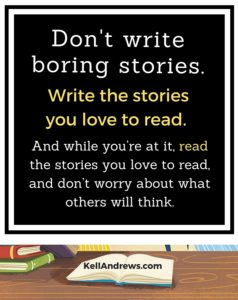 I was featured as the Author Spotlight on Kidlit411 on July 1. Here’s the Q&A. You can read the full post at Kidlit411.
I was featured as the Author Spotlight on Kidlit411 on July 1. Here’s the Q&A. You can read the full post at Kidlit411.
Tell us about your background and how you came to write for children.
I was one of those kids who always wanted to be a writer, and I started out as a writing seminars major when I was in college at Johns Hopkins. The emphasis there was adult literary fiction, and it didn’t draw me as much as my history and sociology classes did. I switched to a humanities major, but I always thought that I would go back to writing adult literary fiction someday when I was adult enough.
It turned out that when I was truly adult, the books that entranced me were written for kids — the Harry Potter series, which inspired a lot of writers. I wrote a middle grade novel when I had an infant daughter and full-time job, and the second novel I wrote was published by Spencer Hill Press in 2014. Writing for children fired me up in a way that writing for grownups never did.
You write a range of categories from adult nonfiction to picture books. How do you decide what age group to write for, for any particular project? Do you have a favorite age group?
My day job is still writing for adults (and young adults) — I’m a writer and editor at a collegiate business school. It can be fun and creative, but it’s a different kind of creative than writing stories for children. Sometimes I need the kind of magic that’s only found in the pages of children’s books.
I usually have at least two projects in the works — a novel at various stages, and a picture book. Switching between them makes my work stronger. Writing picture books keeps me honest — you have to pare down the story to essentials. Writing for age 4 to 8 has to be my favorite — it’s so satisfying to compress conflicts, reversals, and character growth into a few hundred words.
Congrats on the release of MIRA FORECASTS THE FUTURE. Tell us about the story and what inspired you.
When I was a kid my friends and I made paper fortune tellers for fun, and so do my children. Who doesn’t want to be able to predict the future? But clairvoyance — if it is real — is not something you can learn. Science is.
I was looking for a fun way to encourage learning in the sciences, and I came up with predicting the weather as something children can learn about and try with very little equipment. I love the Jersey Shore and the boardwalk, and I had to set the story there, where the weather changes minute by minute.
What projects are you working on now?
I have a few picture book manuscripts in the hopper, as well as a young adult fantasy. The fantasy is just the kind of book I love to read — no one wrote this one, so my only chance to read it was to write first.
What advice would you give to your younger self? Is it the same advice you would give to aspiring authors?
Don’t write boring stories. Write the stories you love to read. And while you’re at it, read the stories you love to read, and don’t worry about what others will think of it. I’d tell that to any aspiring author, including myself.
What is one thing most people don’t know about you?
When I was 8 years old, I made the decision not to have my ears pierced, and I never have. That didn’t stop me from piercing my sister’s ear with a thumbtack when we were teens. She asked, and I thought a thumbtack would give the best leverage. I do not recommend trying this at home.
